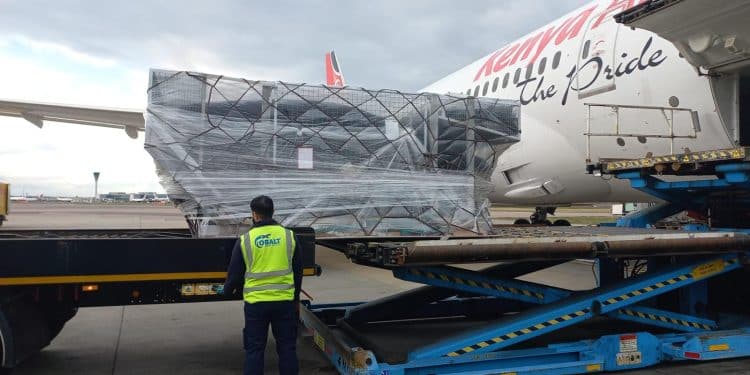The Central Bank of Kenya (CBK) has revealed the top countries where Kenyans take or transfer large sums of physical cash.
CBK, in its 2025 Survey on Cross-Border Movement of Cash, said that out of the 38 commercial banks involved in the survey, 15 transport physical cash across the border, representing 39.4 per cent of licensed commercial banks in Kenya.
As per the report, Kenyans mainly transport the physical cash to countries such as the United Kingdom (UK), South Sudan, the United States of America (USA), Switzerland, the Democratic Republic of Congo (DRC), Tanzania, and Germany.
This pattern reveals a strong financial relationship between Kenya and Western economies, particularly the UK, which collectively (including the US, Germany, and Switzerland) account for over three-quarters of all outflows.
Of these, the UK leads at 42% of the total cross-border outflows, followed by South Sudan and the US at 15% each, while Switzerland accounted for 12% of the transactions.
Cross-border outflows to the DRC stood at 8%, while Tanzania and Germany accounted for 4% each.
The survey established that the main reasons for banks to transport physical cash across borders are repatriation of foreign currency and promoting operational efficiency by meeting the liquidity needs of foreign subsidiaries.
Cross-border transportation of cash
The three most common currencies transported across borders are US Dollars, Euros and Pounds, while the main sources of cash transported across the Kenyan border are customer deposits across branches.
Other sources are group subsidiaries, currency exchange agencies and central banks of other countries.
According to CBK, group subsidiaries reflect internal financial transfers within banking groups, likely for treasury or operational purposes.
Also Read: UK to Create 30,000 Jobs for Kenyans After Ruto Signs Deals Worth Billions
Currency exchange agencies are likely foreign exchange and money remittance providers or dealers.
In addition, the main recipients of physical cash transported across borders are financial services companies that specialize in cross-border payments and foreign exchange.
Other recipients are bank customers, counterparties at group subsidiaries and foreign correspondent banks.
Majority of the respondents, 59 percent, transport physical cash across borders through air cash couriers. Transportation through air cargo shipment stood at 35% while road accounted for 6%.
CBK Survey on Cross-Border Movement of Cash
According to the survey, financial services companies dealing in cross-border payments business lead in operations across the entire value chain of the international payments and foreign exchange industry.
Also Read: New Rule Sets Ksh1.9M Limit for Kenyans Passing Airport Security
Distribution of large quantities of foreign currency banknotes for customers on a wholesale basis including central banks and international financial institutions also leads to receipt of physical cash.
Traditional recipients like banks and financial institutions receive comparatively less cash.
This may reflect a shift toward more centralized or specialized handling through money transfer services.
Banks establish the legitimacy of cash to be transported across borders mainly through Know Your Customer (KYC) and Customer Due Diligence (CDD).
Some of the KYC and CDD measures include understanding customer profile and nature of business, obtaining and verifying the sources of foreign currency, customers completing large cash declaration forms and supporting documents where necessary, ongoing monitoring of cash transactions and screening customers continuously.
Other measures taken to establish the legitimacy of funds include use of counterfeit money checker machine, sourcing only from globally licensed currency notes suppliers and seeking regulatory approvals from originating country.
Follow our WhatsApp Channel and X Account for real-time news updates.















































































I like the efforts you have put in this, regards for all the great content.